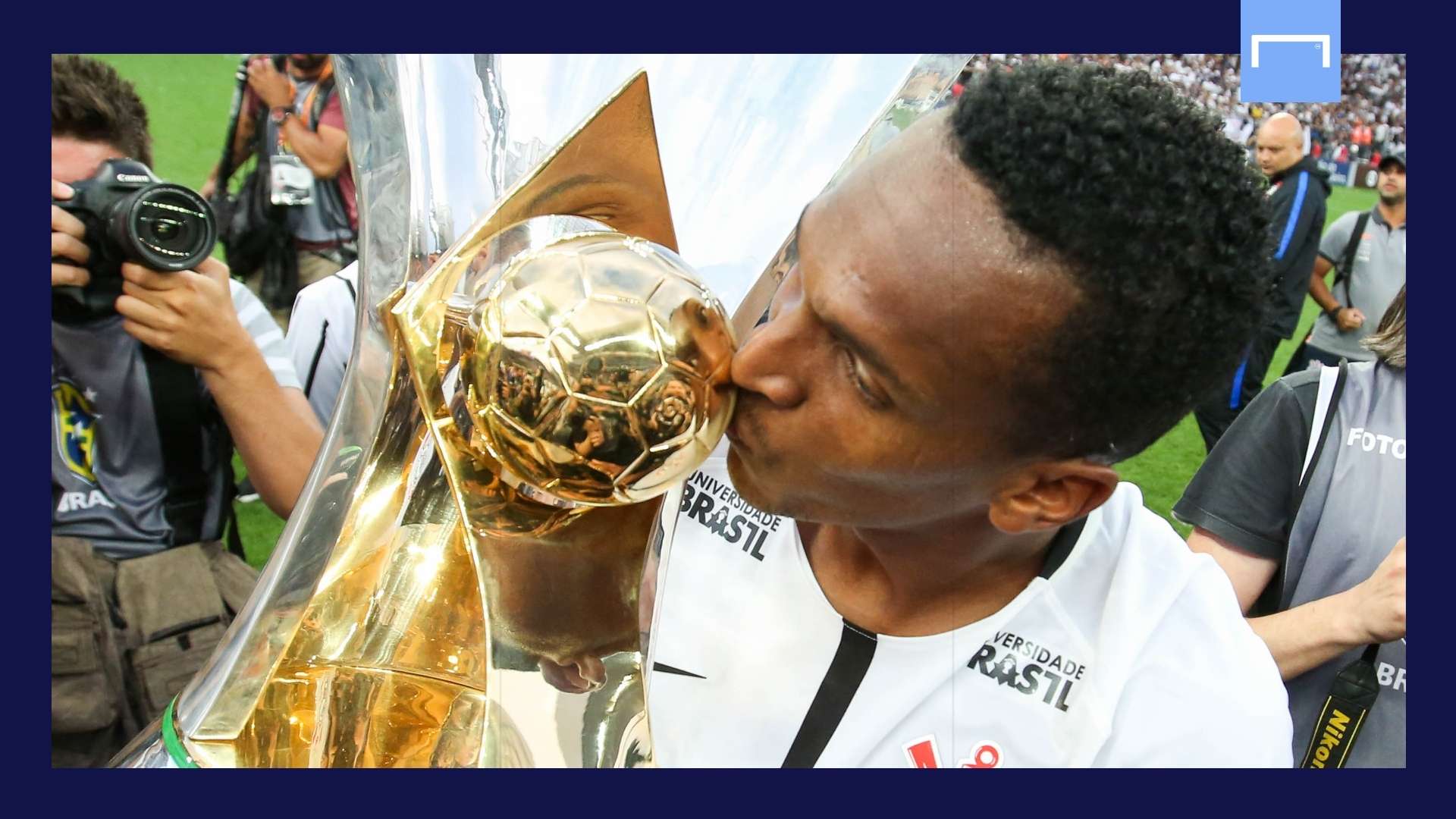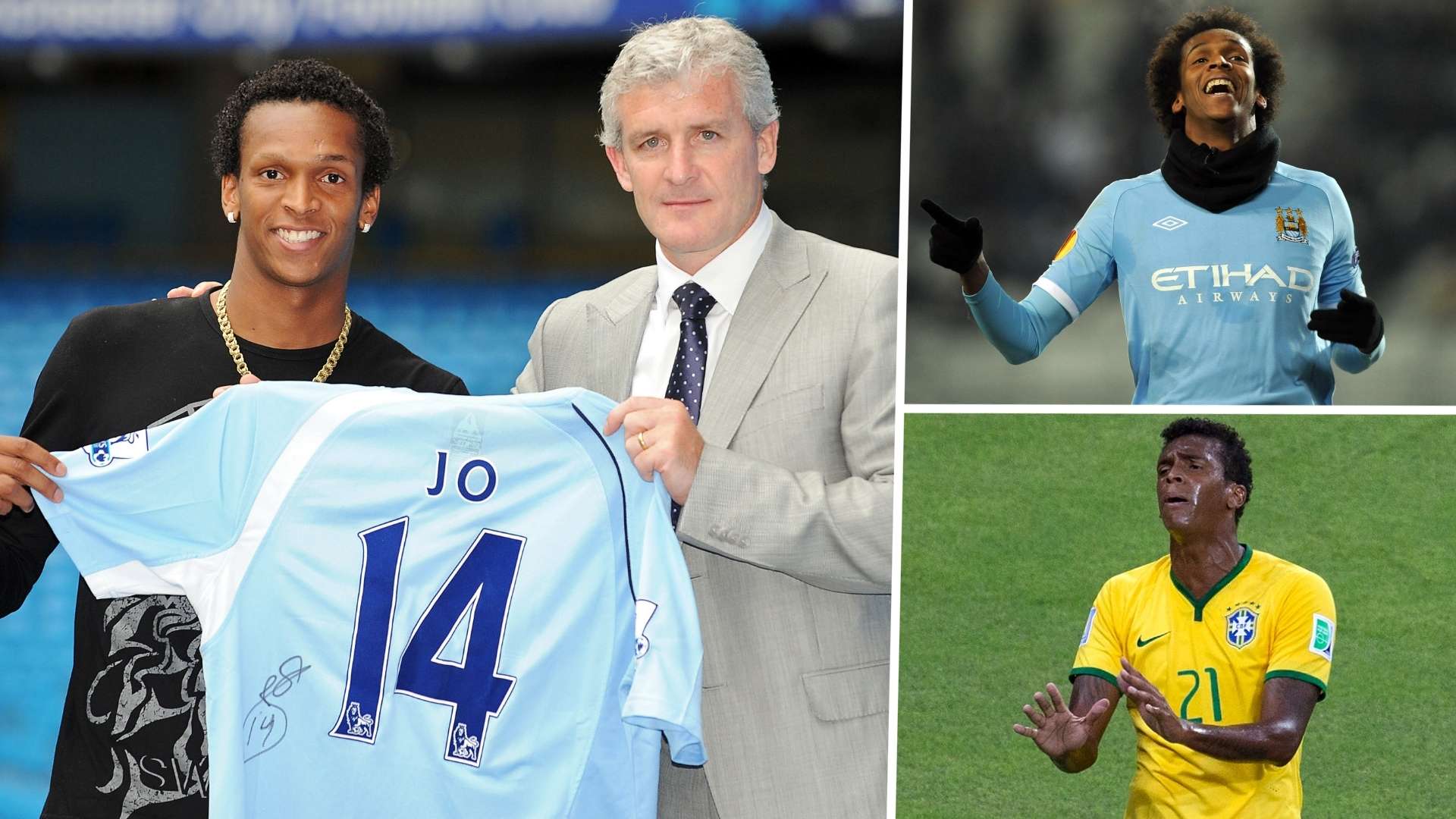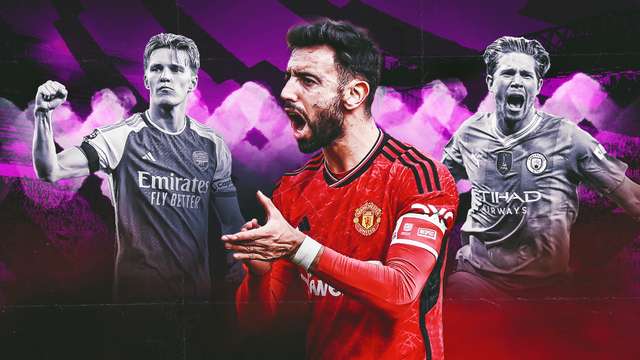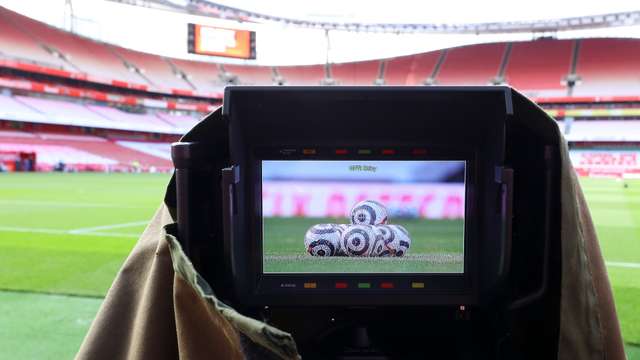Jo didn't see much of Ronaldinho after he quit drinking.
"We drifted apart," the striker told TV Record. "We haven't spoken for a long time."
The pair were once so close. They weren't just team-mates at Atletico Mineiro, they were good friends.
But as Jo revealed, "Some friends are no longer in touch because of the fact that I have changed my lifestyle. Alcohol leads to self-destruction."
He was speaking from experience.
Next Match
In 2013, Jo was on top of the world.
He opened his Brazil account during their Confederations Cup triumph on home soil before firing Atletico Mineiro to a first Copa Libertadores title with a tournament-high seven goals.
Jo was perfectly placed to play a key role in the Selecao's World Cup campaign. However, his form deserted him and he spent most of Brazil 2014 on the bench, failing to net once in three appearances.
Jo sought refuge in alcohol.
"After the World Cup I returned to Atletico and that was the start of a really bad phase," he revealed. "I wasn't playing well and I separated from my wife. I was going nowhere and making a lot of mistakes."
Perhaps he had simply left Brazil too soon, before he had had a chance to fully mature. After all, he was just 18 years of age when he joined CSKA Moscow from childhood club Corinthians.
To his immense credit, he flourished in Russia, scoring 44 goals in 77 games in all competitions. He even netted in both of CSKA's Champions League group games against Inter in 2007, and that was when some of Europe's top clubs really began to take note of the lanky, very atypical Brazilian attacker.
Mark Hughes was so impressed by what he saw of Jo that he persuaded Manchester City to pay a club-record £18 million ($24m) fee for Jo, who was still only 21 at the time.
"He's a big guy, in stature and ability, so I think everybody will enjoy watching him play," the Welsh manager said after the transfer was confirmed.
"A lot has been said about him and there was a big expectation placed on him coming out of Brazil, so with the success he's had, I think it's a real coup that we've been able to bring him to the club."
Jo, for his part, was impressed by City's ambition and felt that he could play a key role in transforming the club into one of Europe's elite: "I was told Manchester City is a club moving forward."
It was certainly a monumental summer for the English outfit. When Jo's move was finalised on July 2, former Thailand president Thaksin Shinawatra was still running the club.
However, on September 1, the final day of the summer transfer window, it was announced that the Abu Dhabi United Group for Development and Investment (ADUG) had taken over, and the owners made an immediate statement of intent by beating Chelsea to the signing of Real Madrid ace Robinho.
It was clear that the competition for places at City was about to dramatically and rapidly intensify. Jo needed to make a strong start. He didn't, though, managing just one goal across his first nine Premier League games before being sent out on loan to Everton during the winter transfer window.
Hughes felt that Jo needed regular game time to adjust to the physicality of the Premier League and that he could no longer guarantee him a starting spot, particularly after the arrival of Craig Bellamy at the City of Manchester Stadium.
A move to Merseyside looked a good option, then, given Toffees boss David Moyes had considered signing Jo the previous year.
"The truth is that it hasn’t worked for him at Manchester City but there could be a couple of reasons for that, such as it takes time for some foreign boys to settle in," the Scot said.
"He might also have found the Premier League a bit of a struggle but we’re happy to give him a chance and it would be great if he could show the form he did in Russia.
"We understand the reasons we have been able to get him and I suppose some people will say we are taking a gamble, but he is a £20m-rated player."
Feeling wanted and with a point to prove, Jo started with a bang at Everton, scoring twice on his debut against Bolton at Goodison Park, and ended the 2008-09 season with five goals from 12 appearances.
Another loan deal was promptly agreed, this time for the duration of the 2009-10 season, but Jo failed to maintain his impressive early momentum, scoring twice in 24 games before an unauthorised return to Brazil at Christmas saw Moyes ruthlessly cut his ties with the player.
Still not wanted at City, Jo agreed a loan move to Turkish giants Galatasaray in early 2010 and showed fleeting signs of promise across a 15-game stint that produced three goals.
 Getty/Goal
Getty/Goal
He found himself back in Manchester ahead of the 2010-11 season but despite being given a handful of chances to stake his claim, the Corinthians product simply couldn't deliver on a regular basis.
A return to Brazil with Internacional followed in 2011, and despite only managing six goals in 36 outings, he did enough to earn a move to Atletico Mineiro less than a year later.
Jo thrived in Belo Horizonte but his World Cup woe sent him spiralling out of control and he was temporarily released by Atletico at the tail end of 2014.
During this tough period, he went more than a year without finding the back of the net but did end his drought with the winner in the 2015 Campeonato Mineiro final, underlining that he was still capable of doing great things on the field if he could restore order to his life off it.
This time around, moving abroad proved an inspired decision. He enjoyed stints in UAE and China, with Al Shabab and Jiangsu Suning respectively, and rediscovered his finishing touch, scoring freely for both sides.
With his career back on track, he returned to boyhood club Corinthians in 2017 and fulfilled a memorable homecoming by netting 25 times in 61 appearances as the Brazilian club claimed two pieces of silverware.
Sober and with more winners' medals around his neck, Jo headed to Japan in 2018 to link up with Nagoya Grampus, for whom he scored an impressive 24 goals in 33 J-League matches and now he is back at Corinthians again, hoping for a fairy-tale finish to a career that has known plenty of dark days.
Indeed, during the bleakest periods of his career, he "wanted to drink in the morning". However, on the evening he helped Corinthians win the Serie A title in 2016, he didn't take a drop of alcohol.
"I'm aware that I made mistakes in the past," he explained. "Before, I wasn't even capable of acknowledging that. But now I have found peace in my life."
Jo may have lost some friends in recent years but he's clearly gained a whole new perspective of life.





.jpg?auto=webp&format=pjpg&width=640&quality=60)
-min.png?auto=webp&format=pjpg&width=640&quality=60)